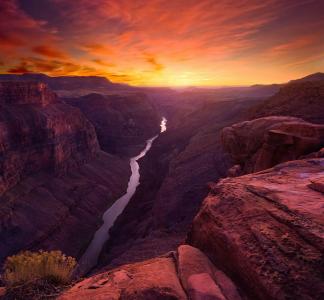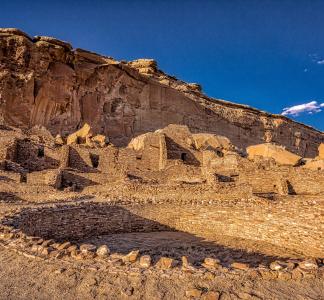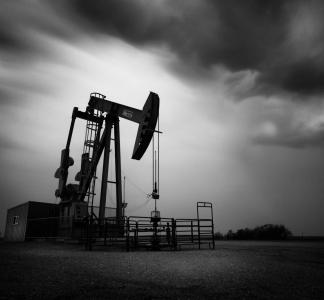Colorado’s Thompson Divide protected from new drilling for next 20 years!

A guide from Wilderness Workshop points out peaks in the Elk Mountains visible from the Thompson Divide.
Jon Mullen
The area supports local jobs and recreation.
Great news! The Biden administration has approved a plan to ban new oil and gas development on the Thompson Divide along Colorado’s Western Slope. The mineral withdrawal will protect about 225,000 acres of public lands from new oil and gas leasing and mining for the next 20 years. The administration first proposed this plan in October 2022. Since then, thousands of people have shared their support for protecting the Thompson Divide, and now it’s official!
The Thompson Divide is quintessential backcountry in Western Colorado, where people and wildlife thrive. For more than a decade, hunters, ranchers, conservation groups, local governments and outdoor enthusiasts have advocated for protecting this unique landscape from the impacts of mining and energy exploration.
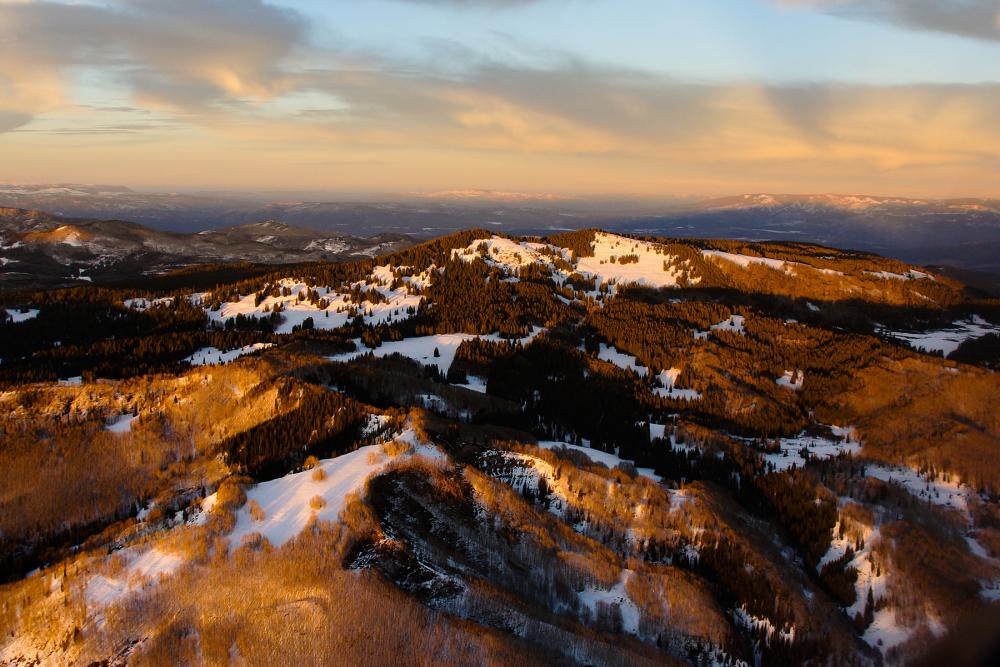
Thompson Divide with snow.
Ecoflight
The area is known for its abundant wildlife habitat and wide range of outdoor recreational and agricultural activities from which nearby communities benefit immensely. The withdrawal will provide meaningful protection for wildlife, air and water quality and recreational areas on the White River and Gunnison national forests.
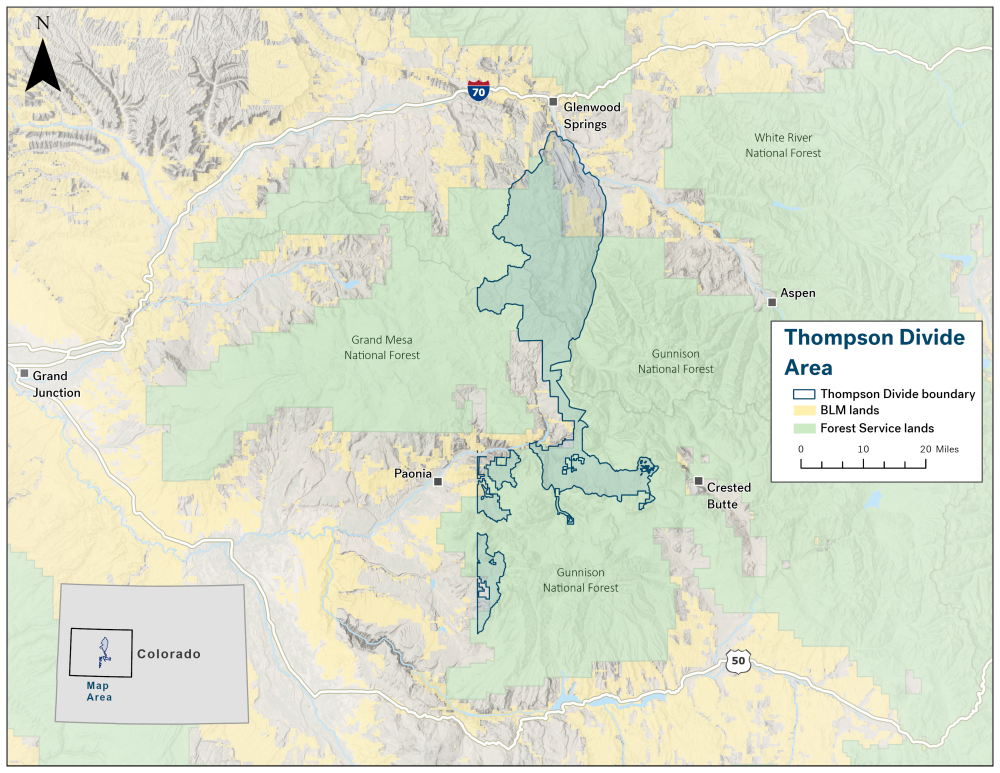
Area of the Thompson Divide.
Phil Hartger
Here's what this new ban will do:
-
Protect crucial wildlife habitat
Almost half of the Thompson Divide withdrawal area encompasses some of Colorado's most valuable wildlife habitats. The Thompson Divide boasts a nearly pristine ecosystem with a high concentration of endangered species like the Colorado River cutthroat trout and Canadian lynx. It provides a critical habitat for several other animals, including elk, bears, deer, moose and mountain lions. Oil and gas development would disrupt these habitats and endanger wildlife populations.
-
Safeguard clean water sources
The Thompson Divide encompasses more than 15 watersheds that provide clean water for residents and agriculture in Western Colorado. Drilling and fracking activities used in oil and gas extraction can contaminate water sources, making them unsafe for consumption and irrigation.
-
Support local economies
The region thrives on agriculture, ranching and outdoor recreational activities like hunting, fishing and hiking. These activities support hundreds of jobs and significantly contribute to the economic well-being of neighboring communities. Oil and gas development would disrupt these established industries and potentially harm the local economy.
